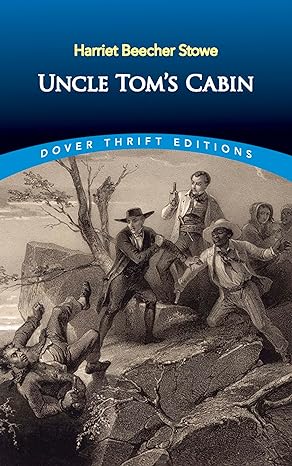NPR Road Trips: Fairs and Festivals (audiobook)

Lots of Fun Published by HighBridge in 2012. Multicast Duration: about 1 hour. My family and I are avid fans of fairs and festivals. We like to wander around and experience the hullabaloo of all of the people, the noises of the midway, the incessant sales pitches of the guys trying to sell replacement windows or guttering and, of course, the animals. We just attended the Indiana State fair last weekend and spent an astounding 13 hours wandering around the giant circle of the fair (it is built around a one mile dirt track) seeing everything from Star Wars Stormtroopers to a petting zoo filled with week-old calves to a giant carving made of cheese (still being carved as we watched!). I learned about $261,000 John Deere Tractors, heard an acoustic blues band, bought a wallet, and saw a clown marching band performance - all before we hit the midway! So, when I found this little audiobook of stories collected from NPR over the years about fairs and festivals I knew this was right...














